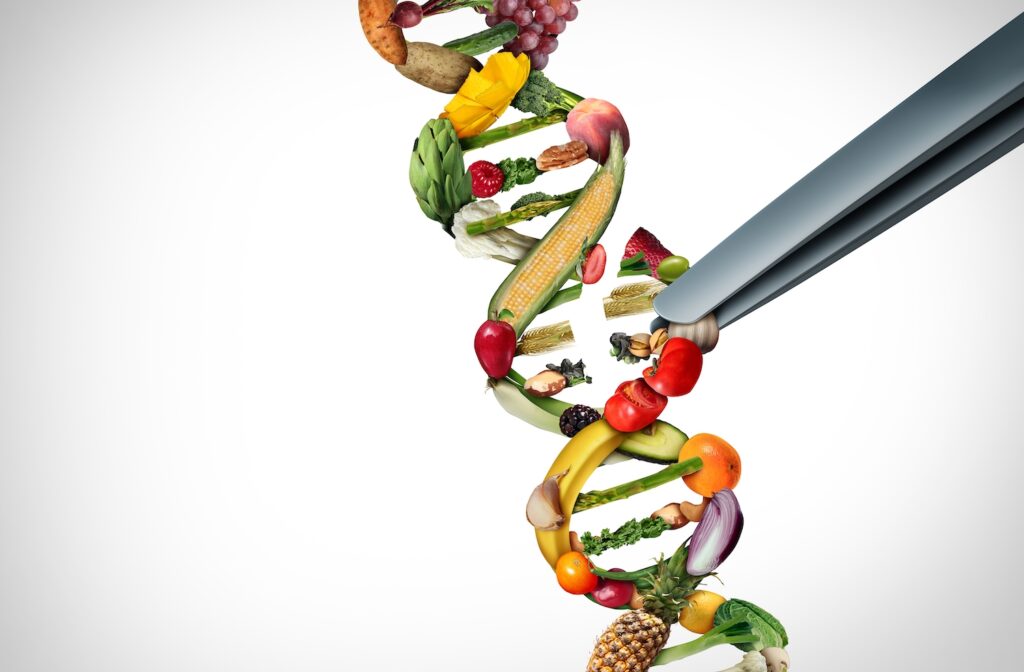New legislation a “historic milestone” for plant breeding
24th March 2023
Industry groups have welcomed new legislation allowing the commercial development of gene-edited food in England, but warn it is “not the end of the road”.
The government says the new legislation is a “major step” in reinforcing food security in the face of climate change.
It sets changes into motion that will allow farmers to grow crops that are resistant to drought and disease, reduce fertiliser and pesticide use and help to breed animals that are protected from harmful diseases.
Opportunities brought by the new legislation could include creating longer strawberry and salad crop seasons, coeliac-safe wheat, and grasses with higher lipid content, which could suppress methane emissions from livestock.
Precision breeding uses technologies including gene editing to adapt the genetic code of organisms, creating beneficial traits in plants that would take decades to achieve through traditional breeding.
It differs from genetic modification, which produces crops that could not occur naturally or be developed through traditional breeding.
To protect animal welfare, the government says it will first enable the use of precision breeding technologies in plants, followed by animals later.
Similar legislation has already been enacted in Japan and Australia.
A “watershed” for food and farming
The British Society of Plant Breeders (BSPB) welcomed the news as a “historic milestone” for plant breeding innovation.
BSPB said in a statement: “By accelerating the development of improved crop varieties, more precise breeding techniques such as gene editing will help plant breeders keep pace with demands for increased agricultural productivity, resource-use efficiency, more durable pest and disease resistance, improved nutrition and resilience to climate change.”
However, it is not the end of the road, the society said, as secondary legislation will take a further 18-24 months to complete. The most significant aspect of this for plant breeders, according to BSPB, will be the Food Standards’ Agency’s plans for a separate approval process for food and feed marketing.
“[…] It is vital that subsequent implementing rules – in particular those relating to food and feed marketing – do not impose unnecessary additional hurdles over and above existing statutory controls on plant varieties and seeds, which have an impeccable track record of safety.”
The head of Bayer Crop Science UK, Nils Bauer, described the move as “a positive watershed” for the food and farming industry in England – but echoing BSPB said it is “only the start”.
Head of Bayer Crop Science UK, Nils Bauer said: “To take advantage of the tremendous opportunities for progress it offers, there is a lot of work to do to get both the secondary legislation governing precision breeding and the public understanding of it right.”
Plant breeding is one of the valuable tools in making food production more sustainable by producing more from less, he said. But to realise this potential, stakeholders across the farming, food chain and scientific communities must work together as closely as possible, he said.
The NFU urged the government to ensure the new regulations are enabling and proportionate to the low levels of risk.
NFU vice president David Exwood said: “Biotechnology is by no means a silver bullet, but having access to more targeted precision breeding tools for our crops and livestock could really help bolster climate-friendly food production and support biodiversity here in Britain.
“It’s important to note that the passage of the Bill is only the first step. As it is implemented through further legislation, regulations must be fit for purpose if it is to provide a meaningful boost to our food resilience and food security.”

